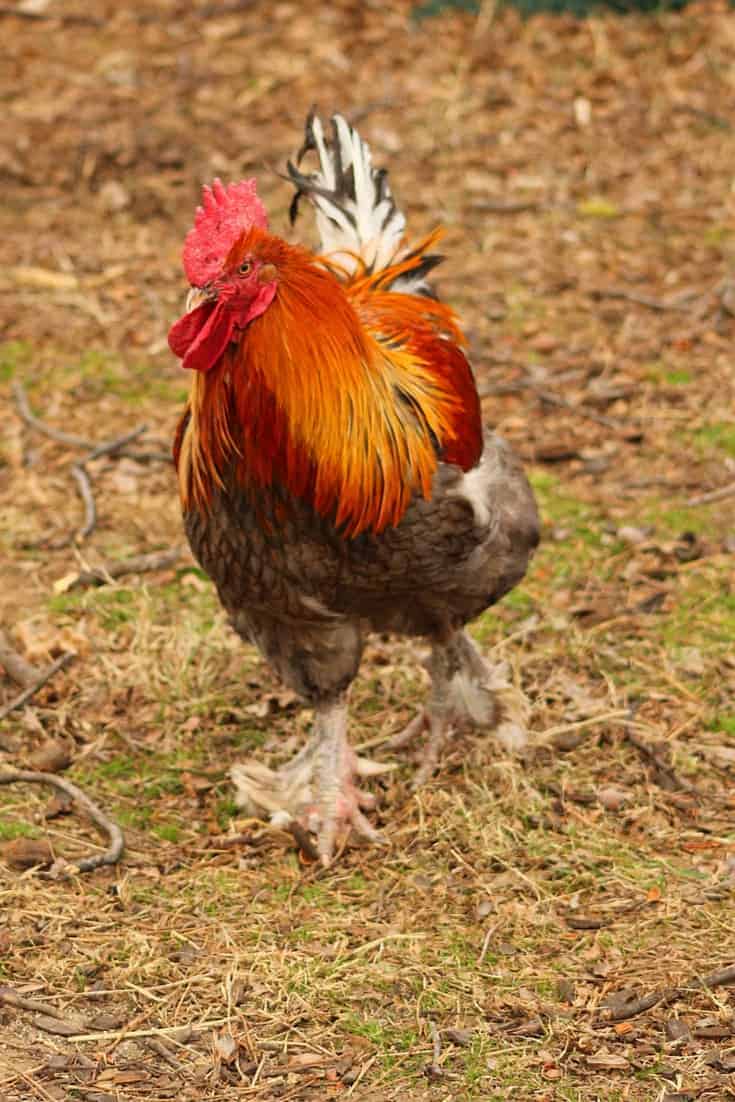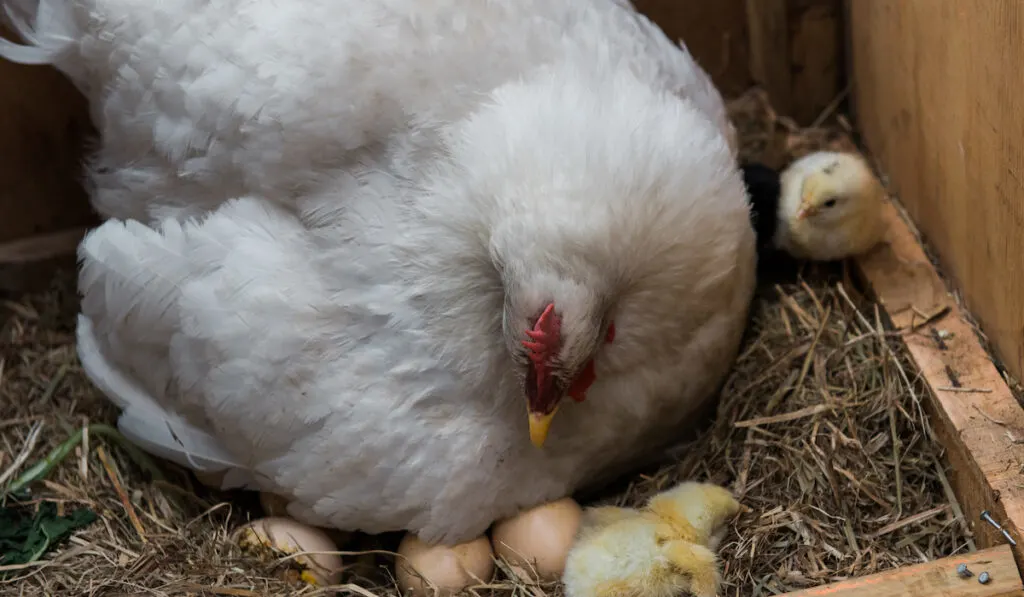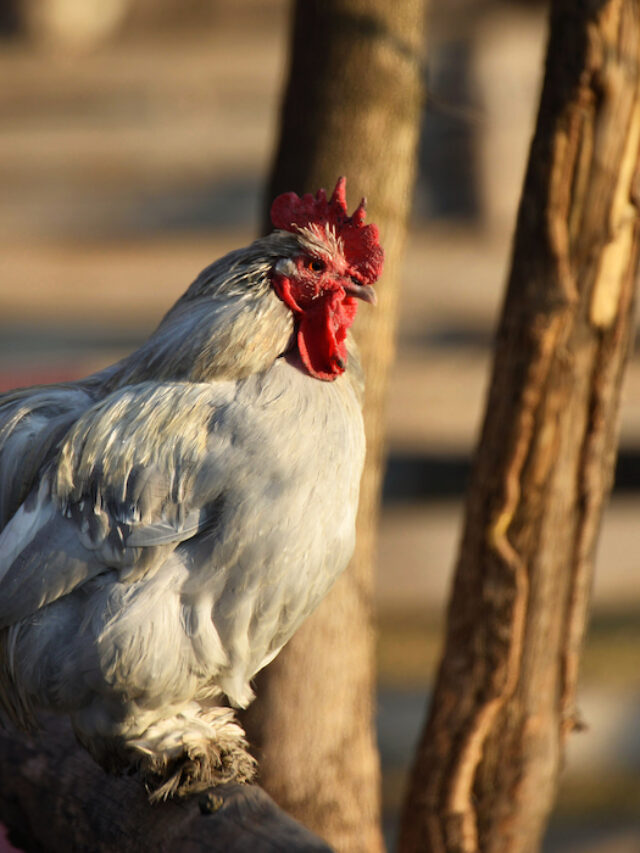Can Chickens Lay Eggs Without A Rooster? Everything You Need To Know
**Alright, listen up, y’all!** If you’ve ever wondered whether chickens can lay eggs without a rooster, you’re not alone. This question has puzzled backyard farmers, poultry enthusiasts, and even casual pet owners for years. The short answer? Yes, chickens can absolutely lay eggs without a rooster. But wait, there’s more to this story than just a simple yes or no. Let’s dive in and break it down for ya.
Now, before we get too deep into the nitty-gritty, let’s establish something important: chickens are incredible creatures. They’re smart, resourceful, and super productive. Whether you’re raising them for eggs, meat, or just as pets, understanding their biology is key to success. And today, we’re tackling one of the most common questions about chicken egg-laying—can they do it without a rooster? Spoiler alert: they sure can!
But why does this matter? Well, if you’re thinking about starting a backyard flock or expanding your current setup, knowing how chickens work will save you time, money, and headaches. So buckle up, because we’re about to spill all the tea on chicken egg-laying, rooster dynamics, and everything in between. Trust me, by the end of this, you’ll be an expert!
Read also:Onlyfans Creator Spotlight Kaitkrems Ndash A Deep Dive Into Her Journey And Success
Understanding Chicken Egg-Laying Basics
First things first, let’s talk about the basics of chicken egg-laying. Chickens are natural egg machines. Seriously, they’re wired to produce eggs as part of their reproductive cycle. A hen’s body is designed to release an egg (or ovum) from her ovary every 24 to 26 hours. That’s right—whether there’s a rooster around or not, most hens will lay eggs regularly.
Here’s the kicker: these eggs won’t be fertilized unless a rooster is involved. But does that mean you need a rooster to get eggs? Nope! Hens will still lay unfertilized eggs just fine. In fact, many backyard flock owners prefer keeping hens without a rooster because it simplifies things and reduces noise (roosters are notoriously loud).
Do You Need a Rooster for Eggs?
Let’s address the elephant in the room—do you really need a rooster for eggs? The answer is a big fat NO. Hens don’t require a rooster to lay eggs. They’ll happily go about their business, laying eggs day after day, regardless of whether Mr. Cock-a-doodle-do is hanging around. However, if you’re looking to hatch chicks, then yes, you’ll need a rooster to fertilize the eggs.
Here’s a quick breakdown:
- Hens lay eggs naturally, with or without a rooster.
- Eggs laid without a rooster are unfertilized and cannot hatch into chicks.
- If you want fertilized eggs that can hatch, you’ll need a rooster.
So, if your goal is simply to collect fresh eggs for breakfast, you’re good to go without a rooster. But if you’re dreaming of expanding your flock, you’ll need to bring in the big guy.
The Role of the Rooster
Roosters play a unique role in the chicken world. While they’re not necessary for egg production, they do serve some important functions. For one, roosters protect the flock. Their sharp eyes and loud calls can warn hens of potential danger, like predators. Plus, they help maintain order in the pecking order (pun intended).
Read also:Who Owns The Rights To Marilyn Monroe A Deep Dive Into The Iconic Legacy
But here’s the thing—roosters also come with their own set of challenges. They can be aggressive, noisy, and sometimes even territorial. In urban or suburban settings, having a rooster might not fly (get it?) with neighbors. That’s why so many people opt for an all-hen flock instead.
Pros and Cons of Keeping a Rooster
Before deciding whether to add a rooster to your flock, consider the pros and cons:
- Pros: Protection, fertilization of eggs, leadership within the flock.
- Cons: Noise, aggression, potential conflicts with other animals or humans.
Ultimately, the decision depends on your goals and circumstances. If you just want eggs, skip the rooster. But if you’re breeding chickens, a rooster is essential.
How Often Do Chickens Lay Eggs?
Now that we’ve established chickens can lay eggs without a rooster, let’s talk frequency. On average, a healthy hen will lay one egg every 24 to 26 hours. Some high-producing breeds, like the White Leghorn, can lay up to 300 eggs per year. Impressive, right?
However, egg production can vary based on factors like:
- Age: Younger hens (pullets) tend to lay more frequently than older hens.
- Diet: Proper nutrition is crucial for consistent egg-laying.
- Light exposure: Hens need about 14-16 hours of light per day to maintain peak production.
- Season: Egg production often slows down during winter months due to shorter daylight hours.
By optimizing these factors, you can maximize your flock’s egg output—even without a rooster!
Can All Hens Lay Eggs Without a Rooster?
Not all hens are created equal when it comes to egg-laying. Some breeds are natural egg-laying machines, while others are bred primarily for meat or show purposes. Here’s a list of top egg-laying breeds that thrive without a rooster:
- White Leghorn
- Golden Comet
- Americana
- Australorp
- Plymouth Rock
These breeds are known for their high egg production and adaptability to various environments. If you’re new to chicken keeping, consider starting with one of these breeds—they’re reliable and easy to care for.
What Happens to Eggs Laid Without a Rooster?
Eggs laid without a rooster are unfertilized, meaning they cannot develop into chicks. But don’t worry—these eggs are perfectly safe to eat. In fact, most store-bought eggs are unfertilized because commercial egg farms rarely keep roosters. So, if you’re buying eggs from the grocery store, chances are they’re unfertilized too.
Unfertilized eggs are nutritionally identical to fertilized ones. They contain the same vitamins, minerals, and protein content. So, whether you have a rooster or not, you’re still getting all the goodness chickens have to offer.
Health Benefits of Chicken Eggs
While we’re on the topic of eggs, let’s talk about their health benefits. Chicken eggs are nutritional powerhouses, packed with essential nutrients like:
- Protein: Essential for muscle repair and growth.
- Vitamins: Rich in vitamins A, D, E, and B12.
- Minerals: High in selenium, phosphorus, and zinc.
- Healthy fats: Contains omega-3 fatty acids, which support heart health.
Plus, eggs are incredibly versatile in the kitchen. From omelets to baked goods, there’s no limit to what you can create with fresh eggs from your backyard flock.
Are Fresh Eggs Better Than Store-Bought?
Many people swear by fresh eggs from backyard chickens, claiming they taste better and are more nutritious. While scientific studies are mixed, anecdotal evidence suggests fresh eggs have a richer flavor and firmer texture. Plus, knowing exactly where your eggs come from gives you peace of mind about their quality and freshness.
How to Care for Laying Hens
If you’re raising hens for eggs, proper care is crucial. Here are some tips to keep your flock happy and productive:
- Provide a balanced diet: Use a quality layer feed designed specifically for egg-laying hens.
- Ensure adequate water: Fresh, clean water should always be available.
- Offer calcium supplements: Hens need extra calcium to produce strong eggshells.
- Keep coops clean: Regular cleaning prevents disease and keeps hens healthy.
- Monitor health: Watch for signs of illness or stress, and address issues promptly.
By prioritizing your hens’ well-being, you’ll enjoy a steady supply of fresh eggs—no rooster required!
Common Myths About Chicken Egg-Laying
There’s a lot of misinformation out there about chicken egg-laying. Let’s debunk a few common myths:
- Myth #1: Hens need a rooster to lay eggs. False! As we’ve discussed, hens can lay eggs without a rooster.
- Myth #2: All chickens lay eggs daily. False! Egg production varies by breed, age, and environmental factors.
- Myth #3: Store-bought eggs are fertilized. False! Most store-bought eggs are unfertilized.
Armed with the facts, you can confidently navigate the world of chicken egg-laying.
Conclusion: Can Chickens Lay Eggs Without a Rooster?
To wrap things up, chickens absolutely can lay eggs without a rooster. Whether you’re a seasoned poultry pro or a newbie to the world of backyard farming, understanding how chickens work is key to success. By providing proper care and optimal conditions, you can enjoy a steady supply of fresh, delicious eggs—all without the hassle of a rooster.
So, what’s next? If you’re ready to dive into chicken keeping, start by researching breeds, setting up a coop, and learning the basics of hen care. And remember, if you ever have questions or need advice, there’s a whole community of chicken enthusiasts ready to help.
Until next time, happy farming! And don’t forget to share this article with your fellow chicken lovers. Together, we can spread the word about the amazing world of backyard chickens.
Table of Contents
- Understanding Chicken Egg-Laying Basics
- Do You Need a Rooster for Eggs?
- The Role of the Rooster
- Pros and Cons of Keeping a Rooster
- How Often Do Chickens Lay Eggs?
- Can All Hens Lay Eggs Without a Rooster?
- What Happens to Eggs Laid Without a Rooster?
- Health Benefits of Chicken Eggs
- Are Fresh Eggs Better Than Store-Bought?
- How to Care for Laying Hens
- Common Myths About Chicken Egg-Laying
- Conclusion: Can Chickens Lay Eggs Without a Rooster?



